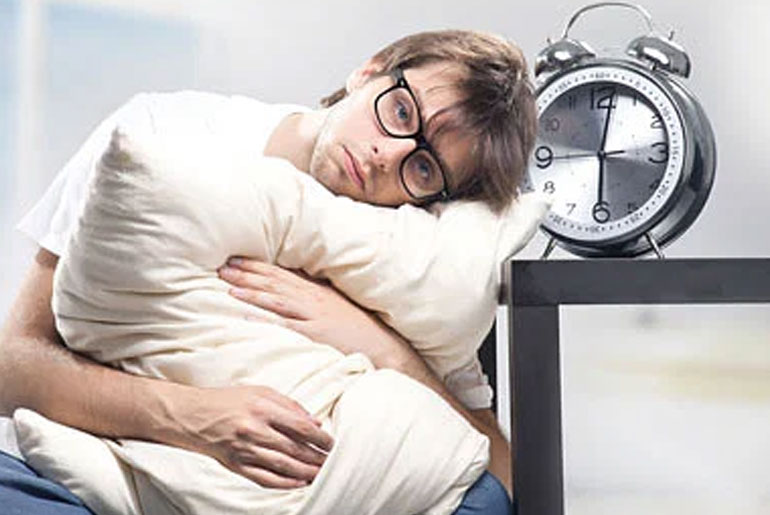The study conducted by UCL researchers suggests that regular physical activity may protect against cognitive decline as individuals age, but this protective effect may be diminished for those who do not get enough sleep. The study, published in The Lancet Healthy Longevity, followed 8,958 individuals aged 50 and over in England for a period of 10 years to investigate the impact of different combinations of sleep and physical activity on cognitive function over time.
The findings indicated that individuals who engaged in higher levels of physical activity but had shorter sleep durations, averaging less than six hours per night, experienced faster cognitive decline compared to their peers who engaged in less physical activity. This means that after 10 years, the cognitive function of those physically active individuals with insufficient sleep was similar to those who were less physically active.
Dr. Mikaela Bloomberg, the lead author of the study from UCL Institute of Epidemiology & Health Care, highlighted the importance of considering both sleep and physical activity together when considering cognitive health. The study’s results demonstrate that getting adequate sleep is necessary to fully reap the cognitive benefits of physical activity. Previous studies that explored the combined impact of sleep and physical activity on cognitive function have mostly been cross-sectional, capturing a snapshot in time. The researchers were surprised to find that regular physical activity may not always be enough to counteract the long-term effects of insufficient sleep on cognitive health.
Consistent with earlier research, the study also confirmed that sleeping between six and eight hours per night and engaging in higher levels of physical activity were associated with better cognitive function. At the beginning of the study, individuals who were more physically active demonstrated better cognitive function regardless of their sleep duration. However, over the course of the 10-year period, physically active individuals with shorter sleep durations (less than six hours) experienced more rapid cognitive decline.
Disclaimer:
The information contained in this article is for educational and informational purposes only and is not intended as a health advice. We would ask you to consult a qualified professional or medical expert to gain additional knowledge before you choose to consume any product or perform any exercise.







